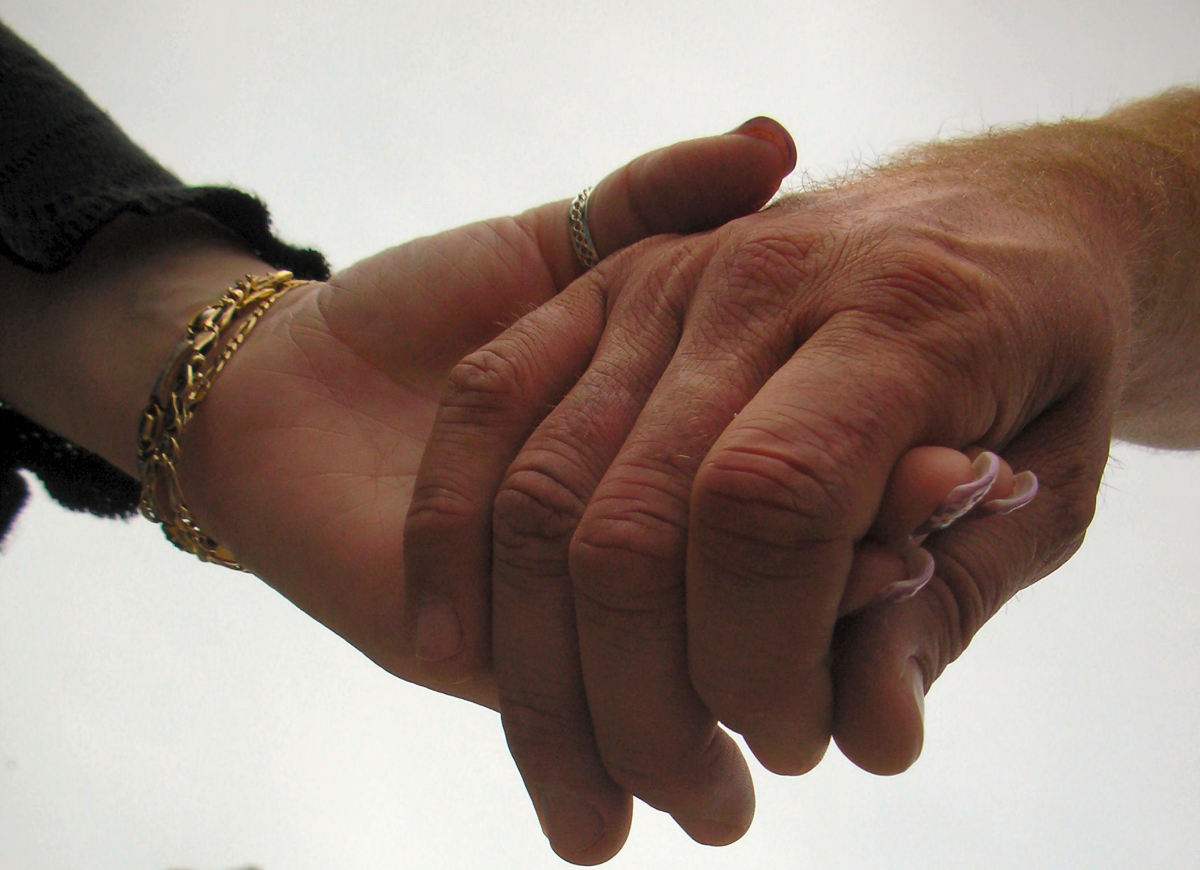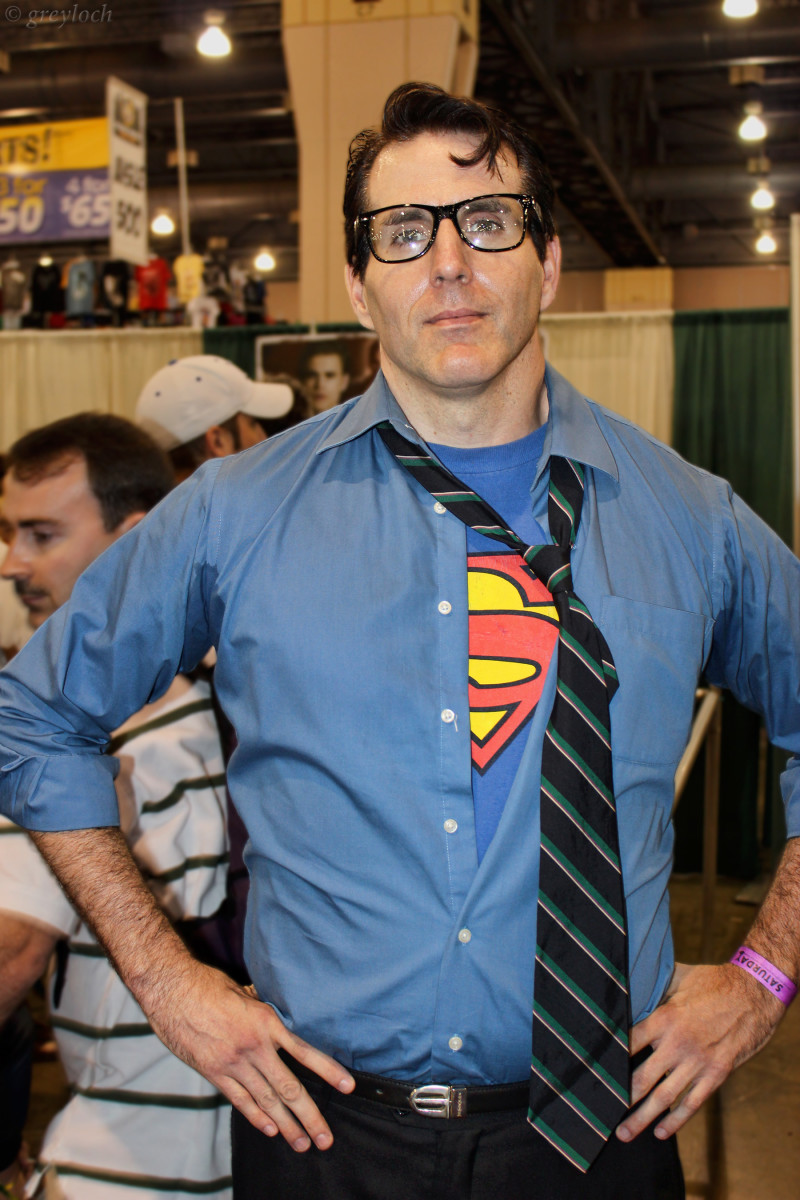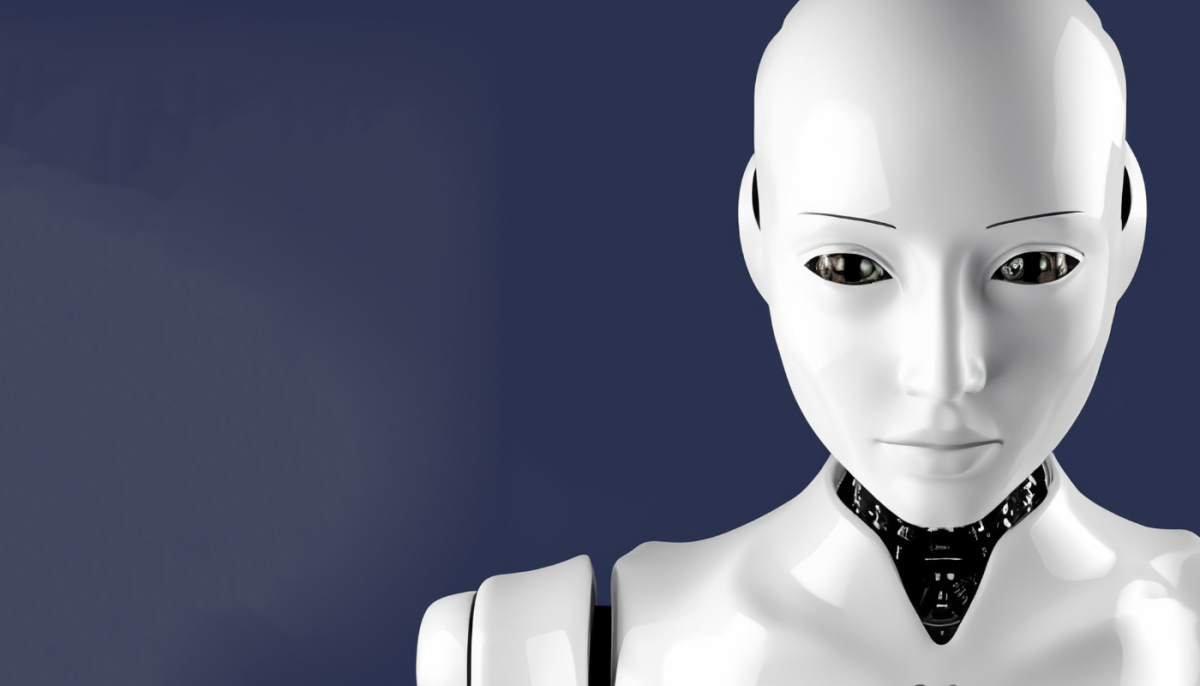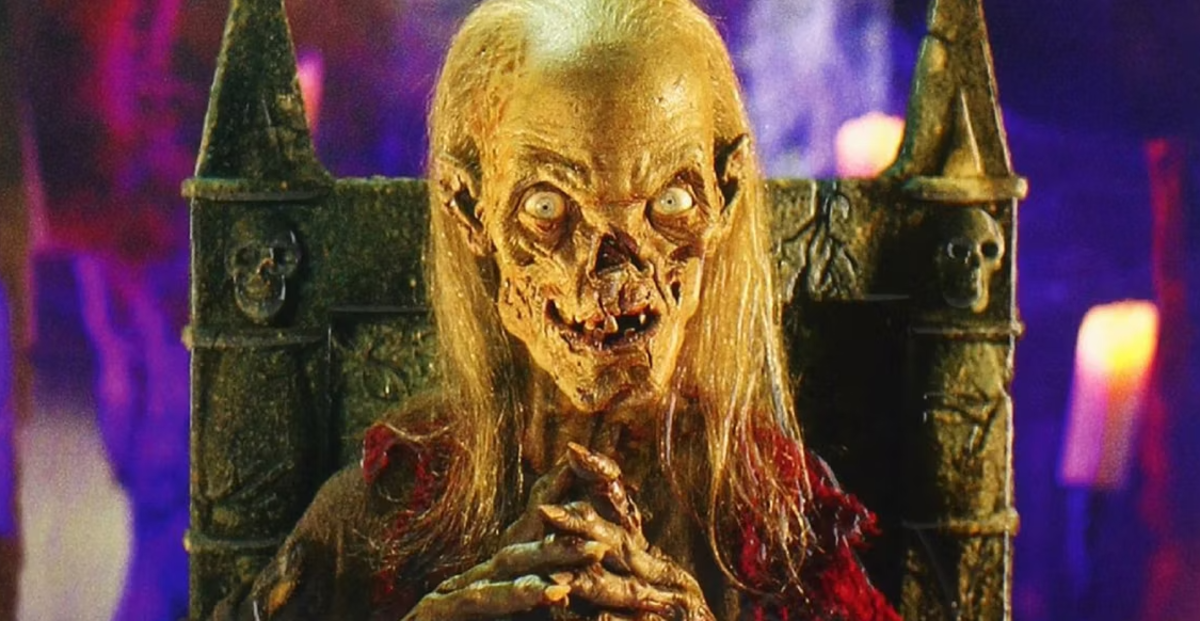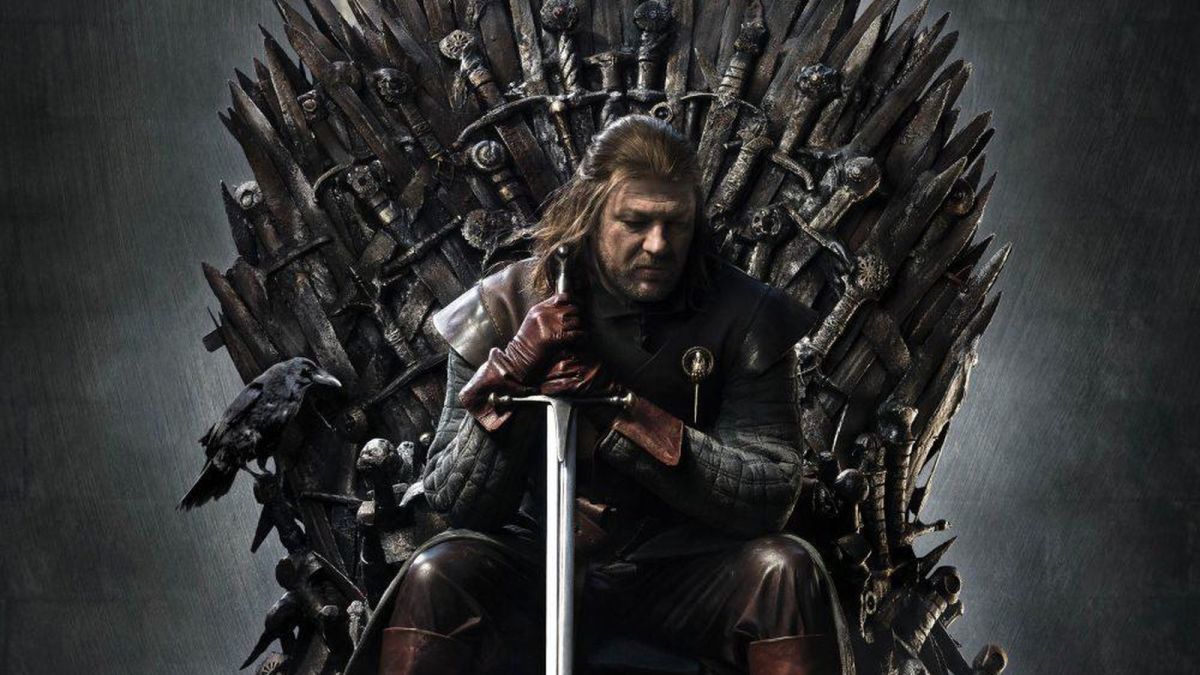Doctor Who: Why The Doctor Is The Greatest Hero On T.V...Ever.
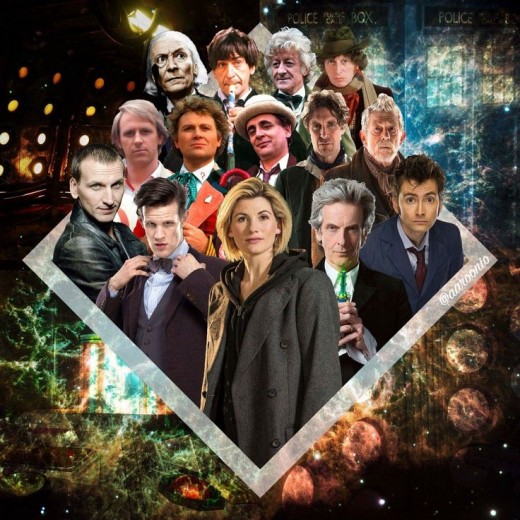
Doctor Who?
"The Doctor", the main character of the world's longest running sci-fi series 'Doctor Who'. First played by as a crotchety old man, is a character that has evolved over time to become a beloved internationally renown icon, who's use of wit, adept critical thinking, ability to size up opponents and non-violent approach to conflict resolution (all without traditional weaponry) set him apart from conventional hero characterization.
Although, the actor portraying the character has changed from actor to actor, each incarnation bringing a different personality, the core of the character retains much of the same dispositions toward non-violent resolution that began it.
The Doctors
A Great Role Model?
"The Doctor", as he is known, is a deeply flawed character, often becoming emotionally and psychologically scarred during his adventures. Oftentimes, personal trauma and loss follow when he loosely adhering to the traits and passive means by which he resolves most of the battles brought about in his stead.
This isn't new territory when it comes to fictional characters, of course. It's rudimentary in fact, as is the case with most fictional hero figures; a "flawed" personality is far more believed and accepted than one incapable of error.
It's the incorporation of these flaws and how they change and evolve the character which sets The Doctor apart.
However, despite these flaws, The Doctor finds a way back to that core belief of helping over hurting. Therefore making him, perhaps, the greatest fictional role model of all time.
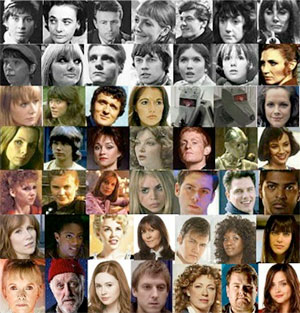
The Doctor's Companionship
"The Doctor", traditionally travels in his 'Tardis' with a companion. Over the years, this companion has varied in gender and at times in number
All too often, characters in shows are given sidekicks. There are numerous reasons for their existence, of course. Sometimes, they are there to simply get into trouble, provide comic relief and sometimes just bail the main character out (of either a predicament or a plot hole).
The main protagonist or "hero", will treat their sidekicks in different ways, based on the flaws present in the "hero" him or herself. A sidekick will sometimes be treated with contempt, "kid-gloves" and babied, etc., but, almost always, they're relegated to a supporting, submissive role.
The Doctor however has been shown to treat every companion differently, sometimes not even respectfully, but, allows them to speak their minds openly should their personalities warrant it. All too often, The Doctor will ask his companion for a differing opinion on a situation or bounce ideas off of them, showing he has an underlying value to their relationship.
The Doctor's traveling companions offer a counterpoint to one or more of his own character flaws. Depending on the makeup of the companion him or herself, they'll tell the Doctor to shut up when necessary or that he's being cruel and cold. Almost always this is at the bewilderment of the Doctor, who doesn't realize he's done something wrong.
After a time, the companion the Doctor has either chooses to move on or is unable to continue to travel with him. This always takes a toll on The Doctor, often changing the nature of the character and how he addresses others. He exhibits a sense of loss, sadness and mourning over the severed relationship he valued far beyond his words or actions.
Therein lies the role model quality; he values every companion for who they are and the relationship they establish together. He would do anything for them, sometimes extending that protective nature to their friends and family. This a trait is valuable for every man and woman, to value the close relationships we build with friends and work to make them, our own companions and us better in the end.
The Doctor's Companions
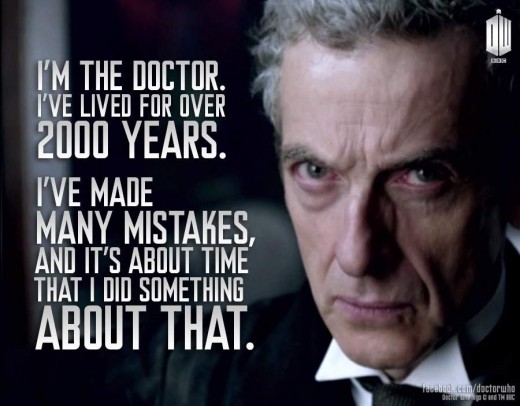
The Doctor Learns From His Mistakes
Time and time again The Doctor makes mistakes. Often, the error arises it's from a missed detail, manipulation perpetrated by an antagonist or his own ego. This often leads to The Doctor insulting himself, others or even crying out in confusion as to how the error could have possibly happened.
What happens after all of that is what truly makes The Doctor a great role model. As, instead of wallowing in the mistake or mishap, re-hashing and letting it foil his progress toward his goal, he analyzes it.
All too often fictitious hero's and their subsequent story lines rely on the villian to blunder, before stepping in to save the day. Rarely is it portrayed with the hero, him or herself being the cause of the fault. True problem solving is rarely employed or displayed, a simple "swooping in", a display of the hero's signature "power" and all is saved.
The Doctor, however, often finds himself embroiled in a very "human" quagmire circumstances (although the characters and environment at play can be otherworldly)
Instead of solely relying on a signature magical power every time, he instead turns to his intellect and problem solving skills. He thinks through the situation, the error and finds a way to make the situation turn into a fitting resolution that meets his goals.
Unlike the perception of infallibility perpetrated by some modern "role models" or heros both fictional and real, The Doctor is fallible and demonstrates critical thinking and problem solving skills to save the day. Skills that can be employed by anyone, given enough devotion and practice. Self analysis (and even self deprecation at times) as a means to overcome obstacles in order to achieve one's goals.
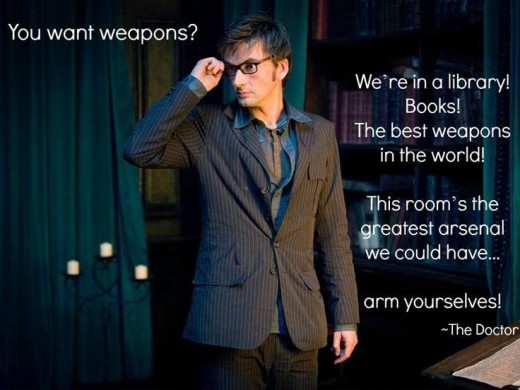
The Doctor Doesn't Need A Weapon
The Doctor abhors the use of weapons. This stems from his "war torn" background and seeing the damage weapons have and can do. When faced with adversary or ally he either negotiates, tricks or explains why the use of a weapon is a horrible idea. Often, The Doctor, using sheer wit and determination to win a favorable outcome will win the day, simply by spoken word alone.
All too often "heroes" and role models resort to weaponry as a means to win a challenge. If a hero opposes the use of weaponry him or herself, they very rarely make a heavily concerted effort to quell the use of them among others. Better still, they very rarely put forth the effort to demonstrate (sometimes through interpreted inaction) how the use of weaponry wouldn't benefit them, but would in fact hurt them in the long run.
The Doctor Wants To Help...Whether He Wants to or Not
A character worthy of being a role model, should always demonstrate some empathy for others. As most "hero" types, that is shown in their willingness to selflessly help others in dire situations. However, very rarely is it evident that despite personal hardship or even helping a situation that is detrimental to The Doctor, he always helps.
It can be said that a hero's greatest triumph is the ability to do good and, even in the face of it worsening his own circumstances. Still, The Doctor does so with complete disregard for himself, both emotionally and physically...even if he really, really doesn't want to, or clearly there is no reason for him to.
That alone; a willingness to always help, regardless of the circumstances, set him apart from a myriad of other "hero" characters.
The Doctor Teaches AND Learns
The Doctor is an ever evolving character, but is always growing as well. That isn't physically, of course (though a "fat" Doctor would be something to see), he grows in a slew of other ways. One of which, that is ever present, is learning. The Doctor is always learning something new. He's always flicking things, pushing buttons, reading, trying out ideas, and isn't afraid to explore new and uncharted territories (worlds or otherwise). The Last Timelord is never beyond a lesson to be learned, as he's always ready to expand his knowledge...and share that knowledge with others.
It's his sharing that makes him a special kind of role model. Passing on what one knows for the betterment of others is a noble idea. It's beneficial to everyone involved. The Doctor's ability to let information flow easily back and forth is commendable, showing that education is ever important and...ever present, and should always be.
The Doctor Is Always Himself
Despite the many changes The Doctor has undergone through the many years, his character has fundamentally never changed. He's physically changed, of course, and the many actors that have portrayed him have added their quirks to him, his basic core character has remained. He is "The Doctor", a playfully arrogant, snarky "Timelord" who stole a space travelling time machine for the adventure and a laugh. Along the way, that adventure has turned into so much more. It has infused the character with a sense of overall purpose: to help and to do it without harm.
Though, as expected, he's encountered obstacles on his way to executing that purpose, he's managed to keep the "help and do it without harm" at the character's core. That is no easy feat, fictional or not, mind you; still, it's noble to even try. Characters like The Doctor are rare. Heros, put forth as role models often only offer one or two traits with which to promote. This leaves a simplistic well from which to draw from.
The Doctor, through his many faults, redemptions, learning and evolution show us that even heros have cracks. Those cracks don't define him and neither should they define us. Instead, they're what make us who we are. We should always be true to that, get better at it, but be unafraid to make a better version of it.
It's in this way, that The Doctor should be viewed as a role model, if there were to be only one reason. He has many of course, but remaining yourself and working to better that person, and everyone around you is worthy enough to say, perhaps he's the best.
Who is your favorite Doctor?
Author's note
Having been a Doctor Who fan since...well, forever, I don't know what it's like to never have been entranced by the show. It's something special indeed. Still, I can without a doubt recommend the "Complete Collection" DVD set. I bought one for my son...and now he's hooked. If you've never seen the show and feel "you've missed too much" to get into it, this is the perfect way to "catch up". You won't be disappointed. It includes everything from the "new" series, starting with Chris Eccleston.



